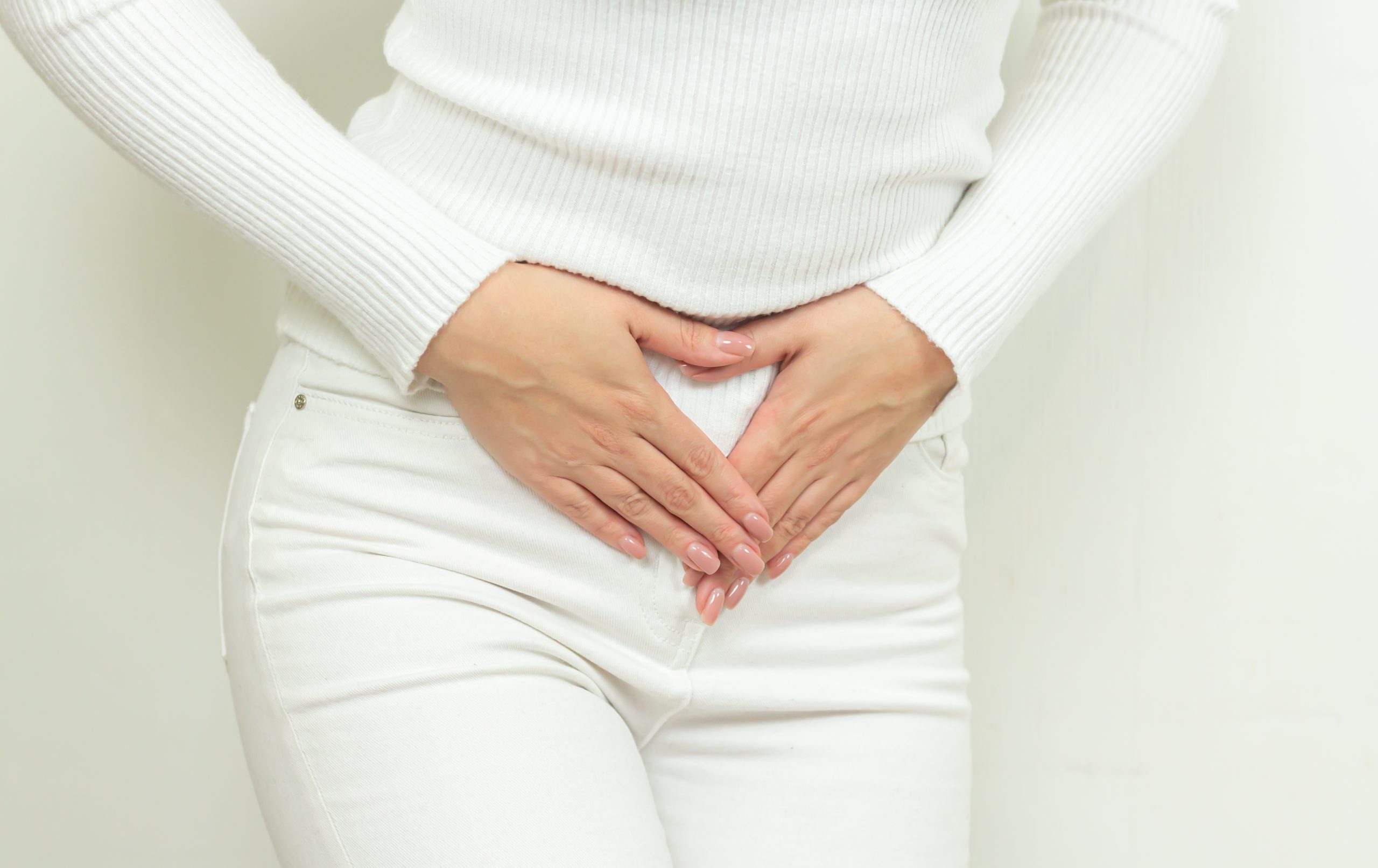
Dysmenorrhea is the medical term for painful menstruation and has two types- Primary and Secondary.
Primary Dysmenorrhea is the common menstrual cramps that at least 80% of women experience 1 to 2 days before their period begins, or when menstrual bleeding starts. The pain is usually more apparent in the lower abdomen, back, or thighs and can last for 12 to 72 hours. This is a perfectly natural condition and there is no need to panic if you are experiencing this as it can be eased with some OTC painkillers and/or some rest.
On the other hand for Secondary Dysmenorrhea, the pain usually begins earlier in the menstrual cycle and will last for 2 to 3 days. Some women may also experience heavier and longer period, which is caused by a disease in their reproductive organs.
Signs to Look Out For
1. Cramps are getting worse as you get older
While it’s common for women to experience painful cramps in their teens, it’s uncommon for your cramps to progressively get more and more painful as you get older. Often, you could be affected by diseases or abnormalities of the reproductive system.
2. Hinders your normal life
Are your cramps getting more painful to the extent that you have to call off work/school every month? If so, you should check it out with a doctor.
3. Experiencing pelvic pain
Feeling a little discomfort in your pelvic before your period and during the first few days of your period is normal. However, if you’re constantly feeling pain during your cycle, it may be an indication of a serious issue.
4. Bad cramps for 3 or more days
As mentioned above, it’s typical for women to experience bad cramps 1 to 2 days before their period starts, or when menstrual bleeding starts. Having bad cramps thorough the whole week is unnatural.
5. Heavy and lengthened menstrual bleeding
Women normally bleed for 2 to 7 days during menstruation. But if it lasts longer than that, or the bleeding is so heavy that you need to change your pad/tampon once every hour, there may be an underlying medical condition that requires immediate attention from a gynaecologist.
6. Other unusual symptoms
– Irregular cycles
– Pain during sex
– Difficulty at getting pregnant
– Bloated around pelvis
– Nausea
– Diarrhoea
– Painful bowel movement
– Urinary problem during period
What are the causes of Secondary Dysmenorrhoea?
- Endometriosis
- Tissue lining of the uterus is found outside of the uterus
- Fibroids
- Growths on the inner wall of the uterus
- Adenomyosis
- The lining of the uterus grows into the muscle of the uterus
Moxibustion
Moxibustion is a technique that involves the burning of mugwort, which facilitates healing. The treatment is to stimulate the flow of blood and energy throughout the body and expel cold and warm the body.
Moxibustion can be used to treat dysmenorrhea because it stimulates the flow and release of the hormones that cause uterine contractions. When these hormones are released, the body can then expel them which leads to decreased pain. The therapy also involves warming the meridians and strengthening the immune system.
During treatment, a dried plant, moxa, is burned on or very near the surface of the skin to warm and invigorate the flow of Qi in the body and dispel certain pathogenic influences by burning the dried herb over specific points along the body. There have been studies that moxibustion leads to a significant reduction in the intensity and duration of menstrual pain after three months of treatment and effects were sustained for approximately a year after treatment.
How Joyre TCMedi Spa can help
Joyre TCMedi Spa provides Moxibustion therapy that can help alleviate dysmenorrhea symptoms. With our many years of experience in TCM, our TCM Physicians take their time to understand every customers’ conditions and recommend the treatment that will best meet their needs.
However, do bear in mind of some cases where moxibustion is not recommended:
- Anyone diagnosed with excess “heat” will not be advised to do moxibustion
- Women on period should not undergo moxibustion
Besides treating dysmenorrhea symptoms, Joyre also offers moxibustion therapy that will ease other conditions for other parts of your body such as joint pain, arthritic, spleen, stomach and kidney.
Book an appointment with us today.
